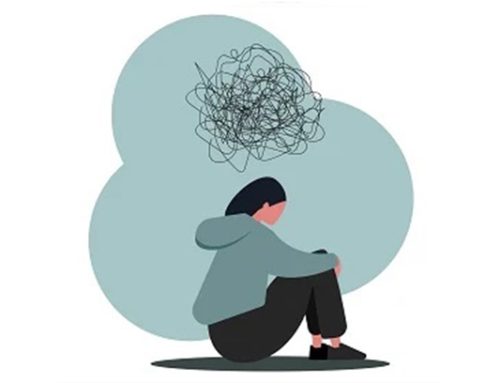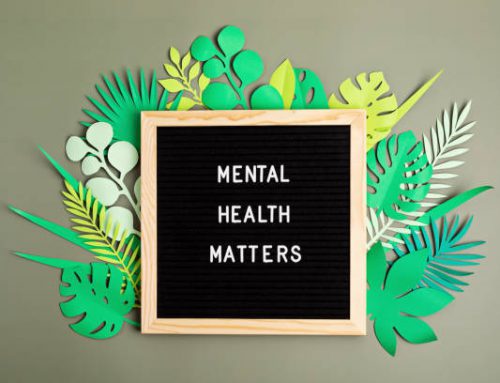
Recovering from Mental Illness
Recovering from a mental illness is a complex and individualized process that often requires professional help, self-care, and a strong support system. The specific steps and strategies for recovery can vary depending on the type and severity of the mental illness, but here are some general guidelines:
- Seek Professional Help:
- Consult a mental health professional, such as a psychiatrist, psychologist, or therapist, for an accurate diagnosis and treatment plan.
- Follow the recommended treatment, which may include therapy (cognitive-behavioral therapy, psychotherapy, etc.), medication, or a combination of both.
- Medication Management:
- If medication is prescribed, take it as directed by your healthcare provider.
- Be open with your healthcare provider about any side effects or concerns.
- Therapy and Counseling:
- Regularly attend therapy sessions and actively participate in the therapeutic process.
- Learn and practice coping strategies and skills taught during therapy.
- Self-Care:
- Prioritize self-care practices, including getting enough sleep, maintaining a healthy diet, and engaging in regular physical activity.
- Manage stress through relaxation techniques, mindfulness, and stress-reduction exercises.
- Social Support:
- Build and maintain a strong support network of friends and family who understand and can offer emotional support.
- Consider joining support groups for individuals with similar mental health conditions.
- Education and Awareness:
- Educate yourself about your mental illness to better understand its symptoms, triggers, and treatment options.
- Challenge stigmatizing beliefs and misconceptions about mental health.
- Set Realistic Goals:
- Establish achievable short-term and long-term goals for your recovery, whether related to work, relationships, or personal growth.
- Routine and Structure:
- Create a daily routine and structure in your life to provide a sense of stability and predictability.
- Avoid Substance Abuse:
- Limit or eliminate the use of drugs and alcohol, as they can exacerbate mental health symptoms.
- Monitor Progress:
- Keep a journal to track your symptoms, emotions, and progress.
- Regularly check in with your healthcare provider to adjust your treatment plan as needed.
- Practice Patience:
- Understand that recovery may be a gradual process with setbacks, and it’s essential to be patient with yourself.
- Crisis Plan:
- Develop a crisis plan with your mental health provider to address emergencies or relapses.
Recovering from a mental illness can be a challenging journey, and it may involve periods of improvement and setbacks. It’s crucial to remember that recovery is possible, and with the right support and resources, many individuals can lead fulfilling and productive lives despite mental health challenges. If you or someone you know is struggling with a mental illness, it’s essential to seek help and support from professionals and loved ones.




